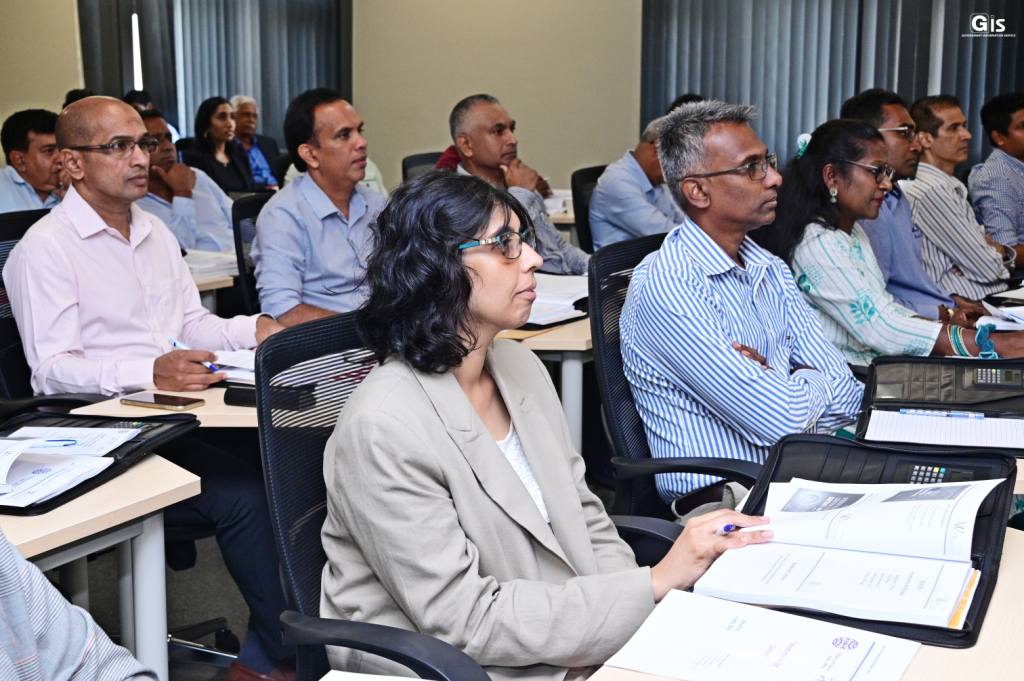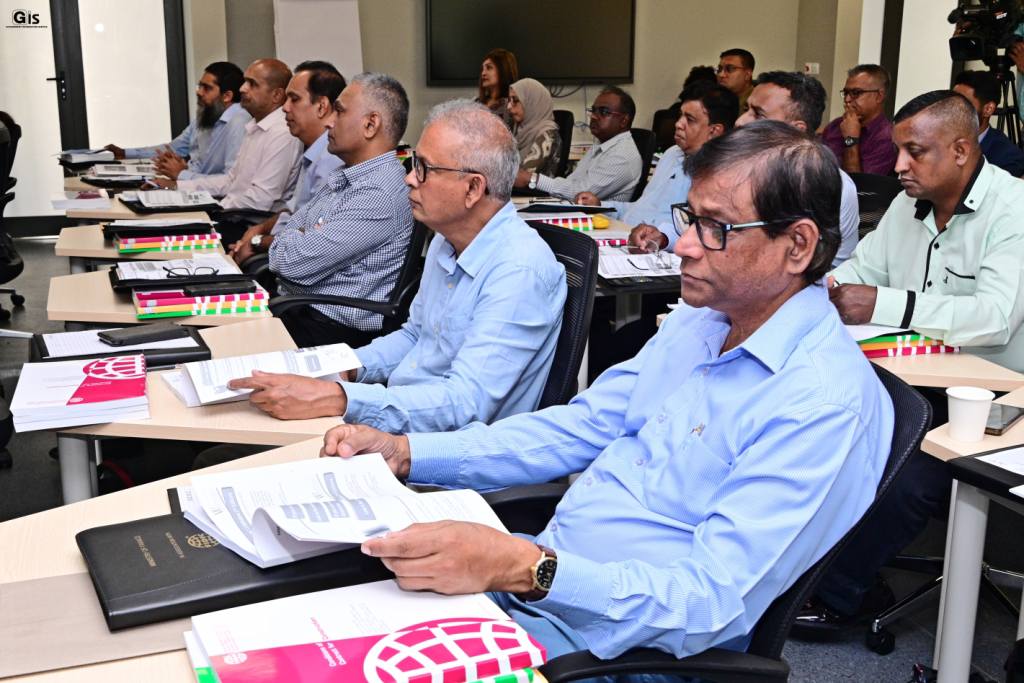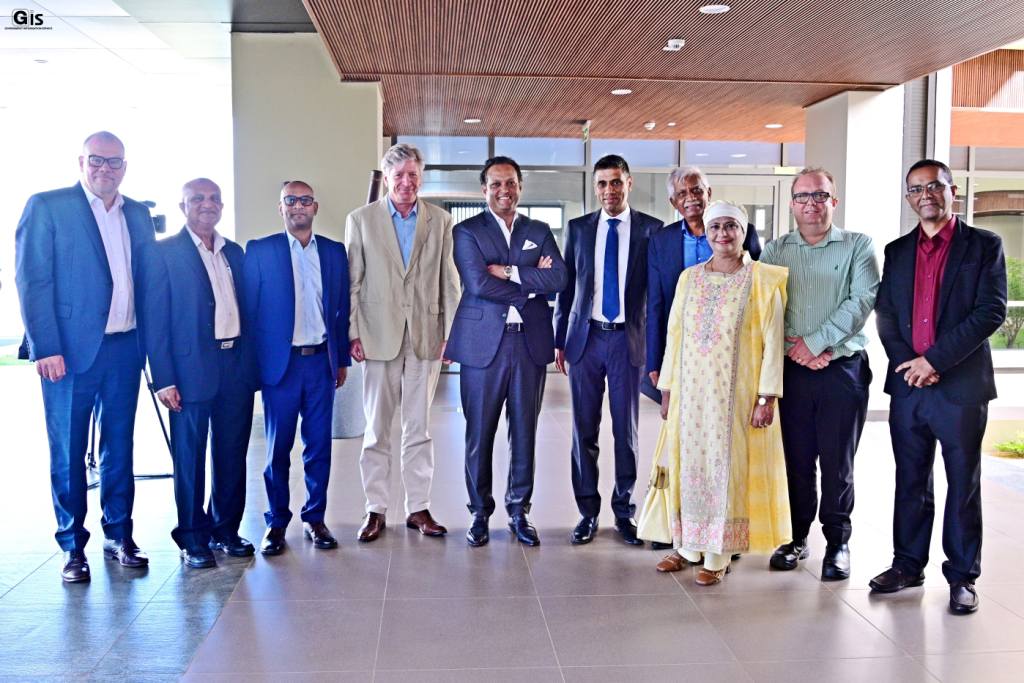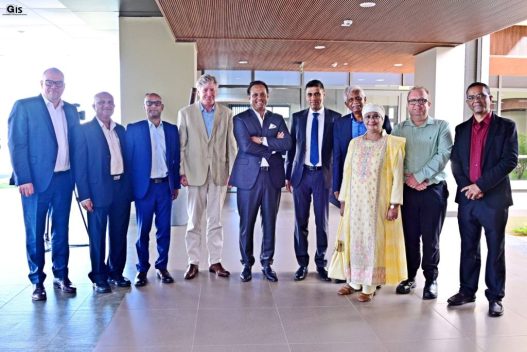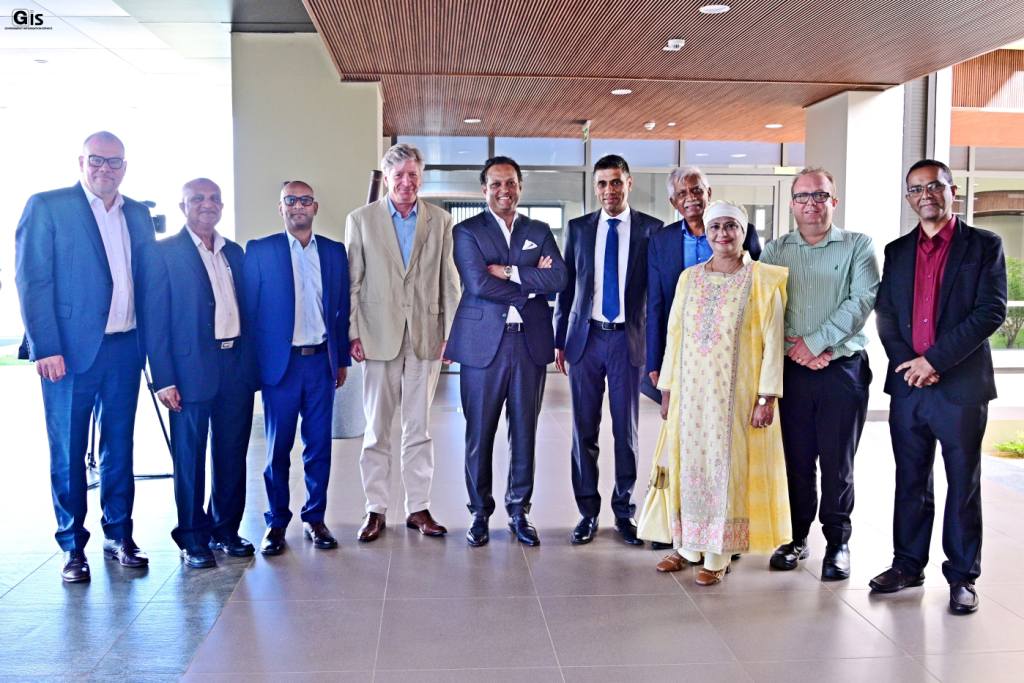The Ministry of Finance, in collaboration with the Association of Consulting Engineers (ACE) Mauritius, is hosting a two-day Training of Trainers workshop on the International Federation of Consulting Engineers (FIDIC) Conditions of Contract. The training programme aims to address challenges in contract design and management amid the rapid growth of the infrastructure and construction sector in Mauritius.
The opening ceremony was held this morning at the Atal Bihari Vajpayee Institute of Public Service and Innovation in Ebène in the presence of the Junior Minister of Finance, Mr Dhaneshwar Damry; the President of ACE Mauritius, Mr Neermal Gowreesunker; and other personalities.
In his address Junior Minister Damry emphasised the importance of continuously upgrading the skills of public servants and noted that capacity building remains a key priority for Government. The four fundamental values that guide the management of public finances, namely operational efficiency, transparency, accountability and fiscal responsibility, he recalled.
In addition Mr Damry spoke of core Mauritian values such as merit and equal opportunities, which, he said, have long shaped the country’s development and continue to influence the principles of governance today. These values are often reflected in the performance of civil servants, making ongoing training and capacity building essential for effective public service delivery, he added.
For his part Mr Gowreesunker recognised the strong collaboration between the Ministry of Finance and ACE Mauritius in organising the Training of Trainers workshop and praised the adoption of FIDIC contracts as the international gold standard for infrastructure contract management. He stressed the essential role of consulting engineers in overseeing technical design, supervision and contract administration, which underpins the successful delivery of major projects.
Mr Gowreesunker further emphasised the significance of FIDIC contracts in reducing delays and disputes, which, according to him, are often caused by weaknesses in contract management rather than technical issues. He acknowledged Government’s growing reliance on these contracts in public procurement and highlighted their value in enhancing consultancy services for construction projects.
